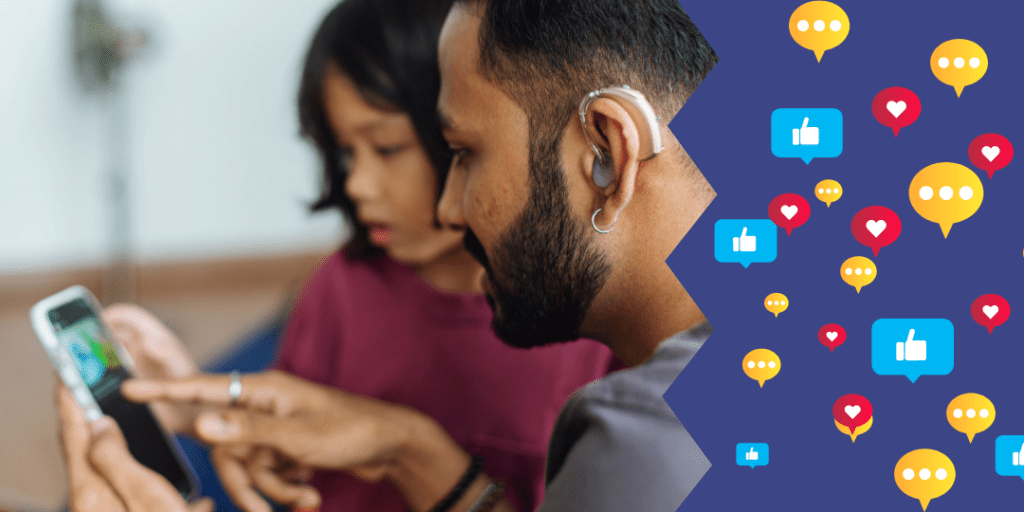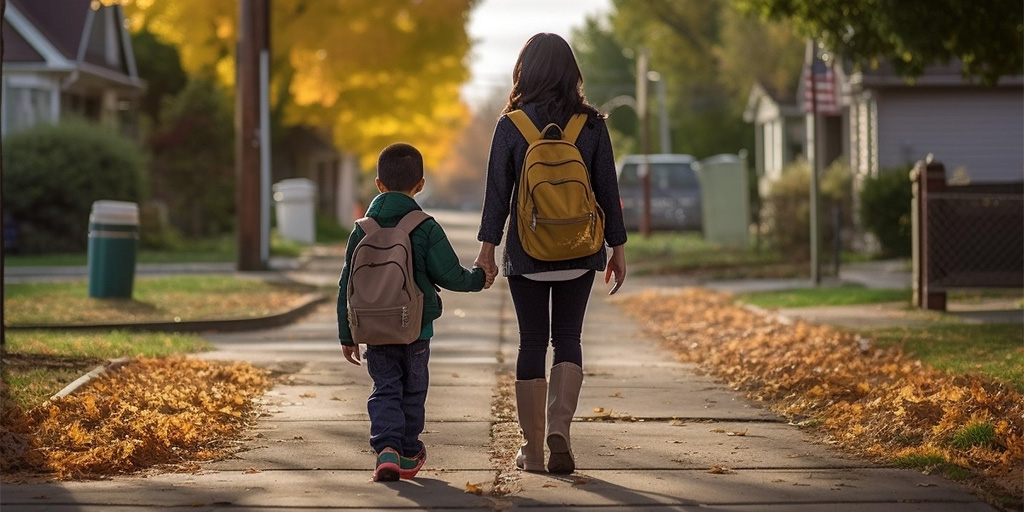
You might struggle with the idea of being "one of those parents." You don't want to think of yourself as constantly helicoptering over your kids, getting involved in every little thing they do. But should you monitor social media accounts? You want to help your kids grow into confident, independent adults, and you worry that virtually hovering over their online activities is just as bad as doing so in the real world.
You might also think of device monitoring as invading your child’s private spaces. Would you regularly go through desk drawers, closets, or backpacks without some reason to do so? If not, why should you monitor their online activities? Here’s why you want to keep a close eye on your child’s social media activity, and the best way to do it.
For some of us, walking into a library as kids meant the beginning of a great story adventure. Online platforms are taking that place for our kids. Every family needs to decide for themselves when their child is ready to access online content, and for how much time every day or week. But once you decide to let them out on the internet, you need to help them learn how to navigate what's out there.
If your child walks to school alone by themselves, they don't simply leave the house the first morning and figure it out on their own. You probably walked with them several times to make sure they understood the route, offered caution around any big dangers (busy intersections with long stoplights), and all the things they might encounter on the way. You acted as "training wheels" for your child as they learned to do this independently.
Monitoring their internet use is similar. As your child takes their first steps as an internet user, you as a parent can and should come along.
It can be daunting as a parent to figure out how best to monitor all of your child’s social media accounts. That’s where monitoring tools can help.
Using a tool to monitor their activities on the biggest social media platforms like Instagram and TikTok is just like walking with them to school as they learn to be more independent. Monitoring tools like BrightCanary make it easy for you to have a single dashboard to keep track of your child’s online activity. These child safety apps also alert you when your child might have been exposed to any concerning content.
Some parental control apps slow down your child's device and shorten battery life, so keep that in mind when choosing which monitoring tool to use.
It’s best to start monitoring your child’s online activity early, when they’re just starting to get familiar with social media.
If you're the parent of a 15-year-old, it may be much more difficult for them to understand why you want to start monitoring them. With younger children, introducing these kinds of "training wheels" is a great way to show that you trust them but that you're also there to help with anything they need. You're teaching them that there's nothing to be afraid of since their parents will be there for them as they grow up.
Still, it's never too late to offer guidance, so don't shy away because you think your child is too old for monitoring. This is an opportunity for you and your teen to have a conversation and arrive at an arrangement that works for both of you.

Monitoring your child's activities on the biggest internet platforms is just like walking with them to school before letting them walk by themselves. Fortunately, monitoring tools make it easier to help you guide your child as they learn to navigate the online world.
Should you be monitoring your child's online activities?
Yes, parents should be keeping a close eye on their child’s social media activity to protect them from any harmful content and guide them on how to navigate the internet.
What is the best way to monitor your child’s social media accounts?
As a parent, it can be daunting figuring out the best way to monitor all of your child’s online activity. That’s why a monitoring tool is a good idea. Tools like BrightCanary allow you to track your child’s online activity using a single dashboard, and send you alerts when they may have been exposed to harmful content.